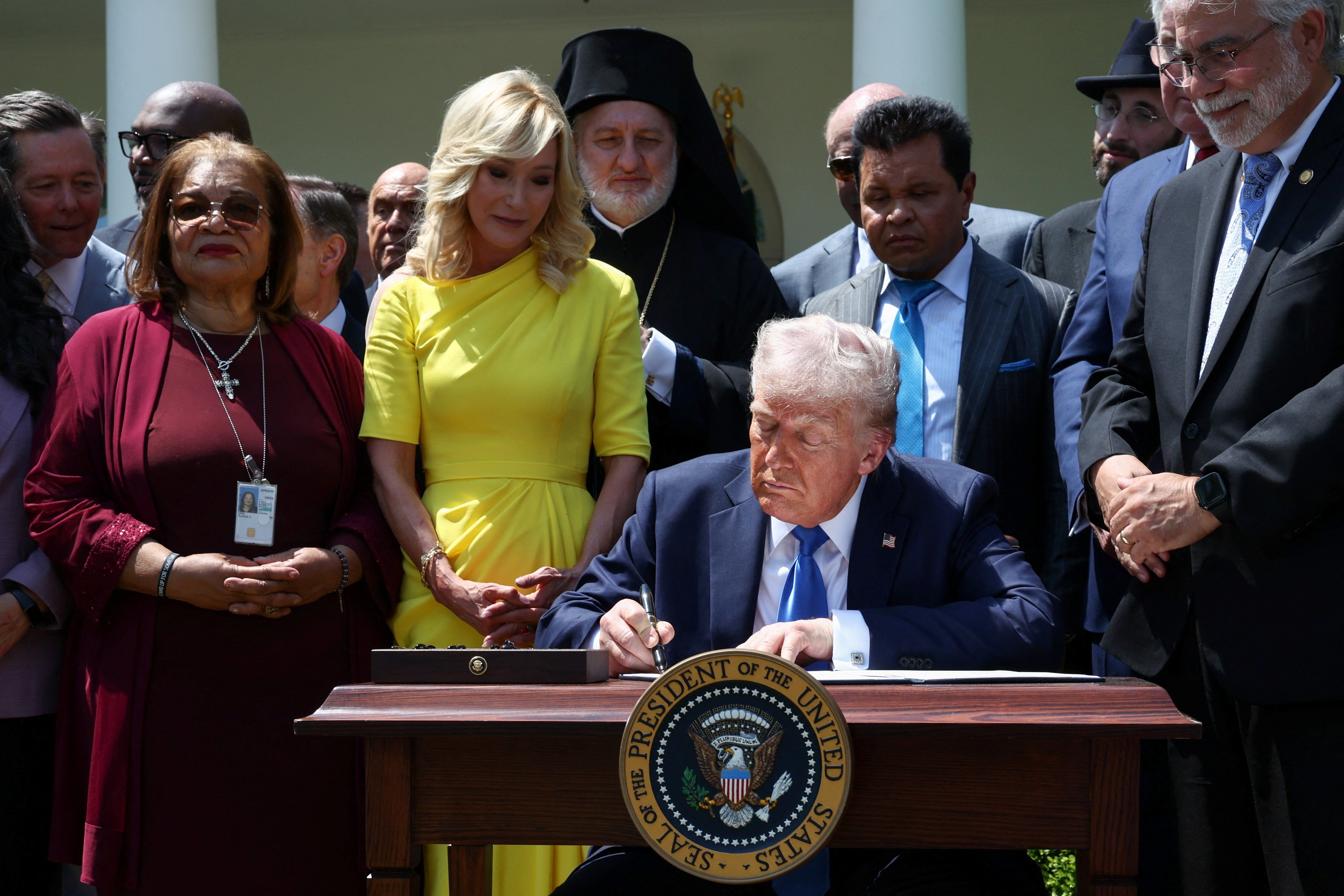Posted on 05/2/2025 15:59 PM (CNA Daily News)
 Cardinals celebrate the sixth Novendiales Mass for Pope Francis on May 1, 2025, in St. Peter’s Basilica at the Vatican. / Credit: Daniel Ibañez/CNA
Cardinals celebrate the sixth Novendiales Mass for Pope Francis on May 1, 2025, in St. Peter’s Basilica at the Vatican. / Credit: Daniel Ibañez/CNA
Vatican City, May 2, 2025 / 11:59 am (CNA).
The upcoming conclave to elect the successor to Pope Francis will be the largest in the history of the Catholic Church, with 133 cardinal electors expected to gather in the Sistine Chapel on May 7, Vatican officials confirmed this week.
The unprecedented number surpasses all previous papal conclaves, breaking the previous record of 115 electors in the 2005 and 2013 elections. It also marks the first time a conclave will be held with more than 120 voting cardinals — the limit set by St. John Paul II in his 1996 apostolic constitution Universi Dominici Gregis.
While paragraph 33 of that document capped the number of electors at 120, paragraph 36 of the constitution affirms that any “cardinal of Holy Roman Church who has been created and published before the College of Cardinals thereby has the right to elect the pope.”
The College of Cardinals said earlier this week that Pope Francis lawfully dispensed with the numerical limit by exercising his supreme authority as pontiff.
The Vatican confirmed Tuesday that two of the 135 cardinals under age 80 — Spanish Cardinal Antonio Cañizares and Kenyan Cardinal John Njue — will not attend the conclave due to health concerns, bringing the number of expected electors to 133.
A two-thirds majority will be required to elect the next pope, meaning a candidate must receive at least 89 votes to be chosen as the 266th successor of St. Peter.
This year’s gathering will also be among the most geographically diverse in Church history. The 135 eligible electors come from 71 countries across all six inhabited continents, with the largest national groups hailing from Italy (17), the United States (10), and Brazil (7).
While popes in recent decades have frequently exceeded the 120-elector threshold in consistories, no conclave until now has opened with more than 120 electors.
Pope John Paul II, for example, allowed the number of electors to rise to 135 in 2001, but only 117 took part in the 2005 conclave. Similarly, Pope Benedict XVI’s consistories in 2010 and 2012 saw the number of electors briefly exceed 120, but the 2013 conclave also had only 117.
Historically, papal conclaves were much smaller affairs. One of the largest conclaves of the Renaissance occurred in 1503, with just 39 cardinals casting votes.
Conclaves in centuries past could take significantly more time, however, with the 13th-century conclave to choose Pope Clement IV’s successor lasting 1,006 days.
Papal conclaves in recent history have typically concluded within a few days.
Posted on 05/2/2025 15:27 PM (CNA Daily News)
 Cathedral of the Immaculate Conception in Camden, New Jersey. / Credit: Farragutful via Wikimedia (CC BY_SA 4.0)
Cathedral of the Immaculate Conception in Camden, New Jersey. / Credit: Farragutful via Wikimedia (CC BY_SA 4.0)
CNA Staff, May 2, 2025 / 11:27 am (CNA).
Camden, New Jersey, Bishop Joseph Williams this week said he will do right by abuse victims in his diocese amid an ongoing legal dispute over a potential grand jury inquiry into clergy abuse there.
The Camden Diocese has been embroiled in a yearslong fight with the state over whether the government can empanel a grand jury to investigate allegations of abuse by priests and other Church officials. The diocese has argued that the abuse in question would not fall under the purview of a grand jury.
The state Supreme Court said in March that it would consider whether or not to allow the grand jury to be convened to consider the allegations.
The high court heard arguments from both the diocese and the state this week, with news outlets reporting that some justices sounded “skeptical” over the diocese’s arguments against a possible grand jury.
In a letter in the Catholic Star Herald on Thursday, Williams said he was “new to being a diocesan bishop and new to the complex legal arguments and proceedings involved” in the ongoing case. The prelate was made bishop of the Camden Diocese earlier this year, having previously served as coadjutor bishop there.
“[P]lease be assured that I am diligently studying our current legal position and am consulting survivors, fellow bishops, legal experts, and diocesan officers — as well as my own conscience — so that I will do the right thing by the survivors, the Church, and [the] state of New Jersey,” the bishop said.
“I ask [for] your prayers for all involved,” he added.
Williams in his letter also noted a Monday report in the Philadelphia Inquirer regarding the controversy, one that reported that the bishop had declined to comment to the newspaper.
“I was completely unaware of any invitation on behalf of the Philadelphia Inquirer to speak about the case currently being presented to the New Jersey Supreme Court, and I thought the journalists had made a mistake,” the bishop said.
“They had not,” he continued, writing that the mistake “was on our end” and that the bishop himself had “never received” the request for comment from the paper.
The prelate said he reached out to the Inquirer journalists “to apologize for this miscommunication and to offer to meet with them in person at their earliest convenience.”
“I have always had a deep respect for the vocation of journalists and would have been eager to sit down with him to discuss this important matter,” Williams wrote.
Posted on 05/2/2025 14:59 PM (Detroit Catholic)
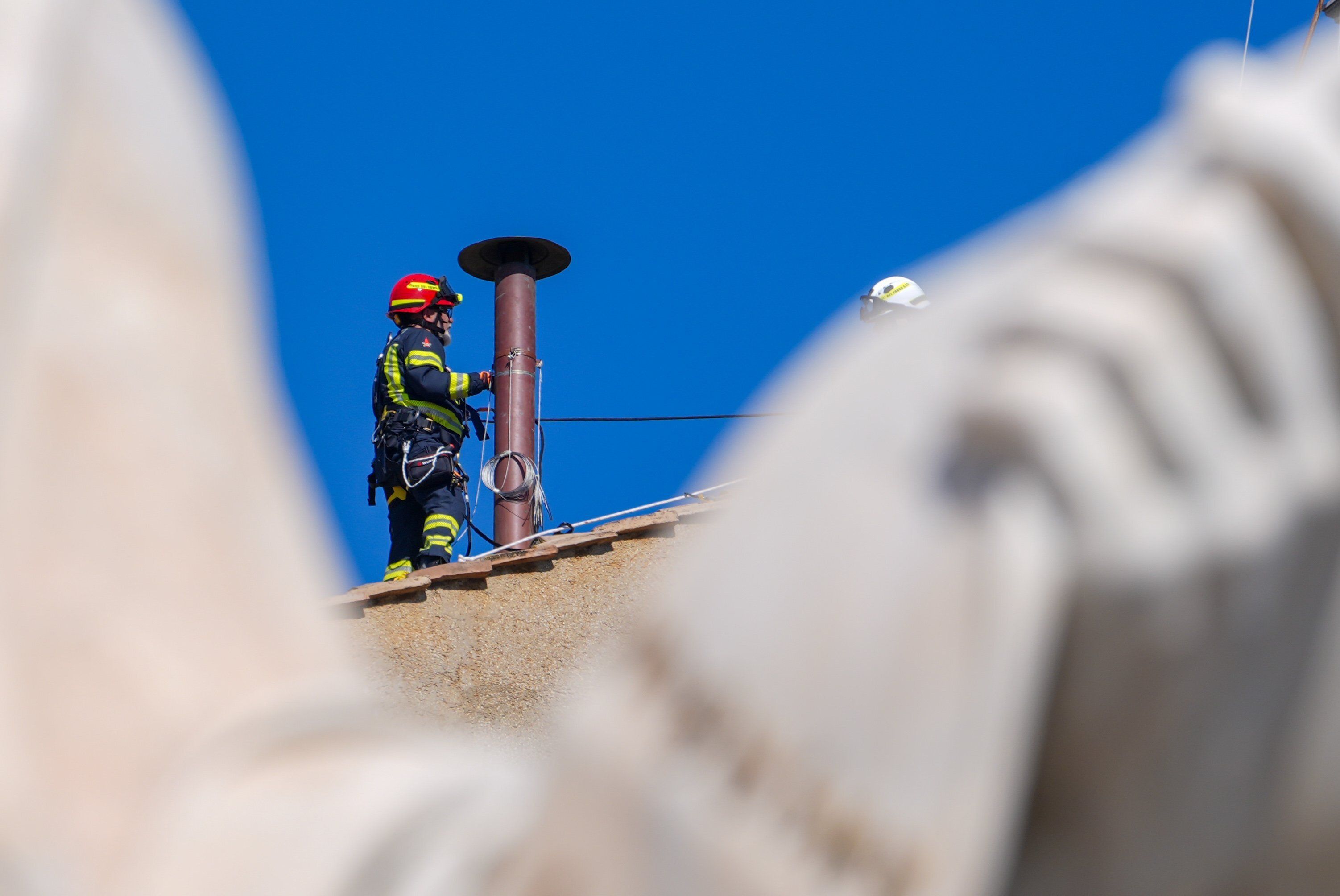
Posted on 05/2/2025 14:57 PM (Detroit Catholic)
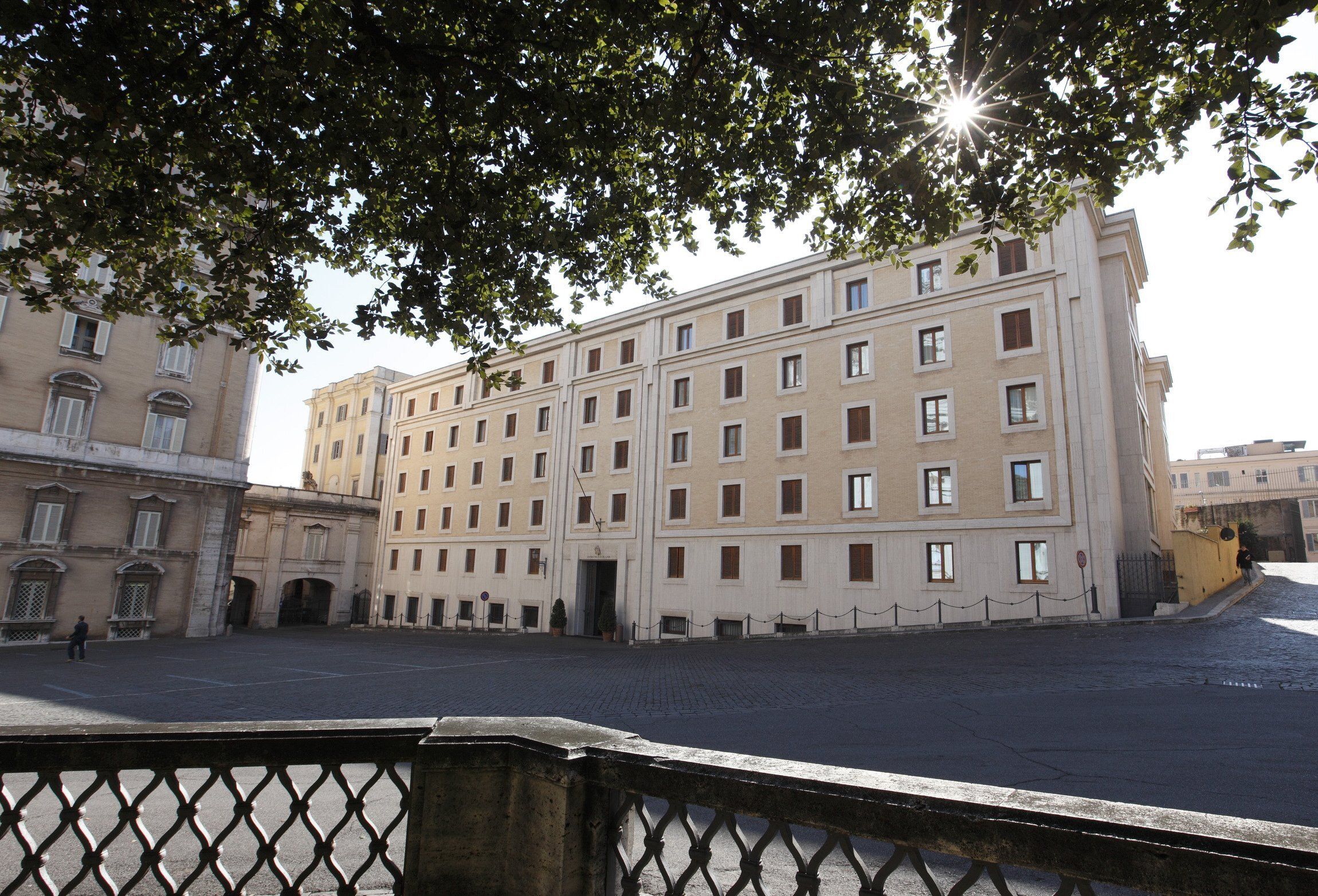
Posted on 05/2/2025 14:50 PM (Detroit Catholic)
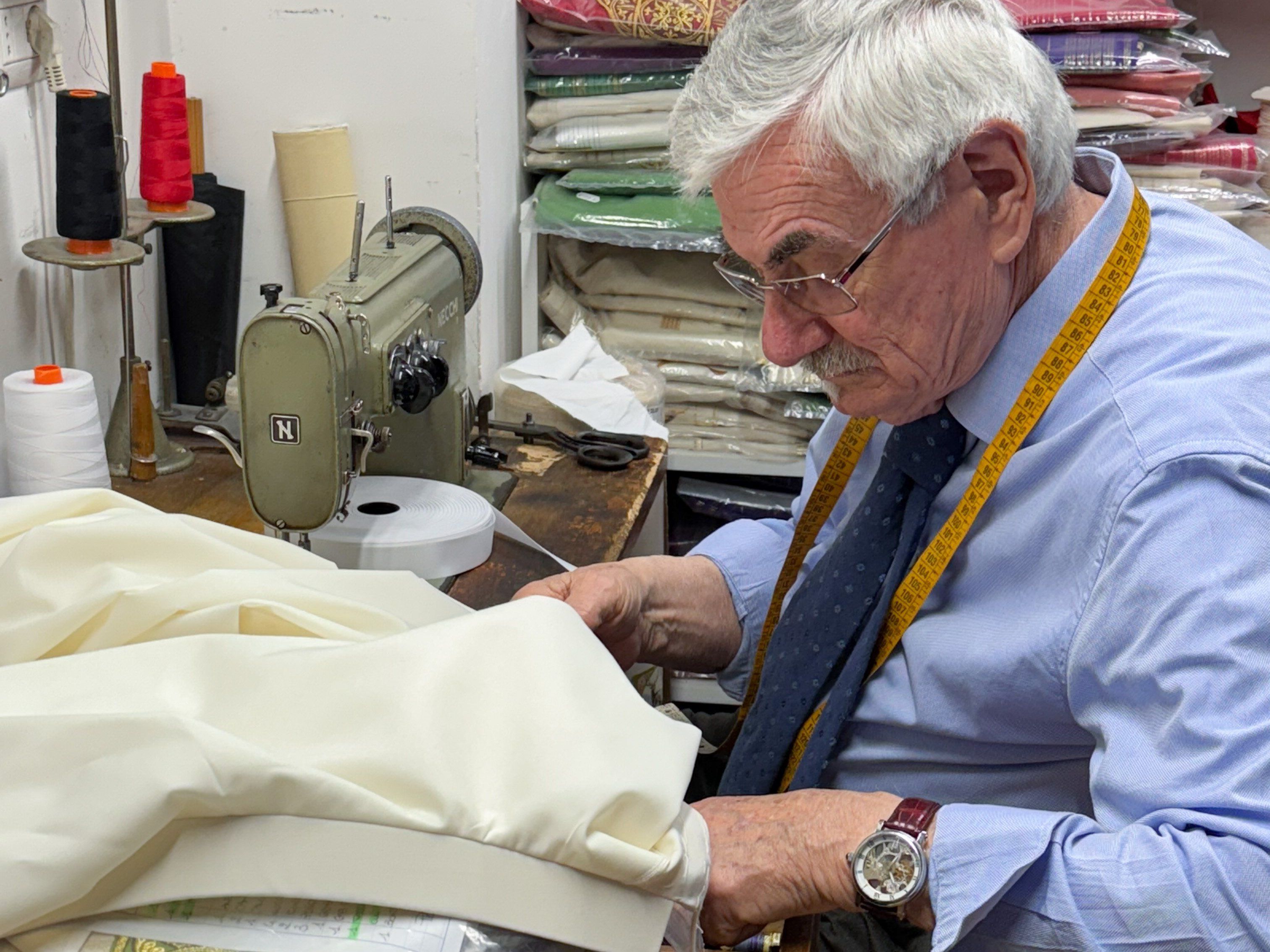
Posted on 05/2/2025 14:47 PM (Detroit Catholic)
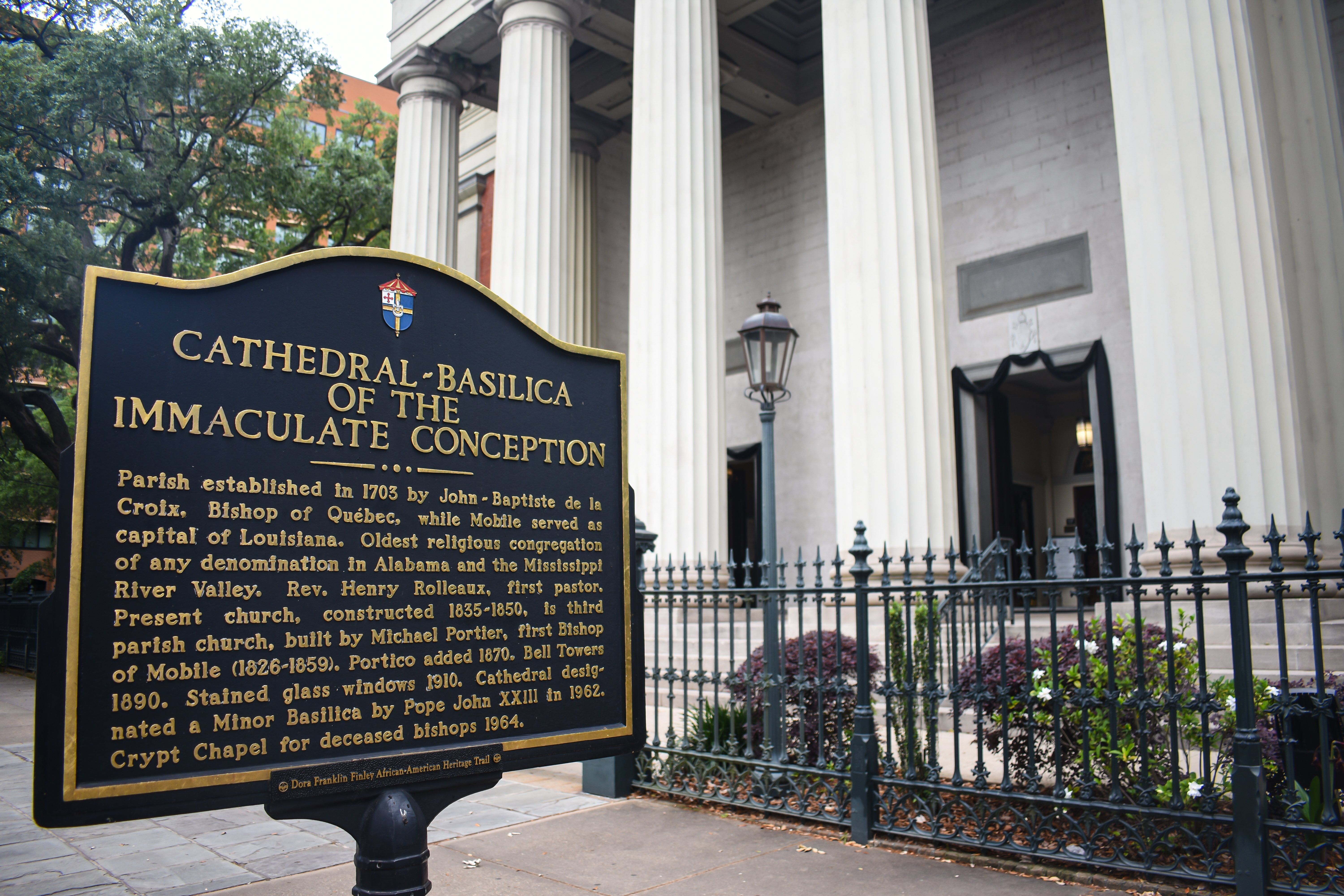
Posted on 05/2/2025 14:46 PM (Detroit Catholic)
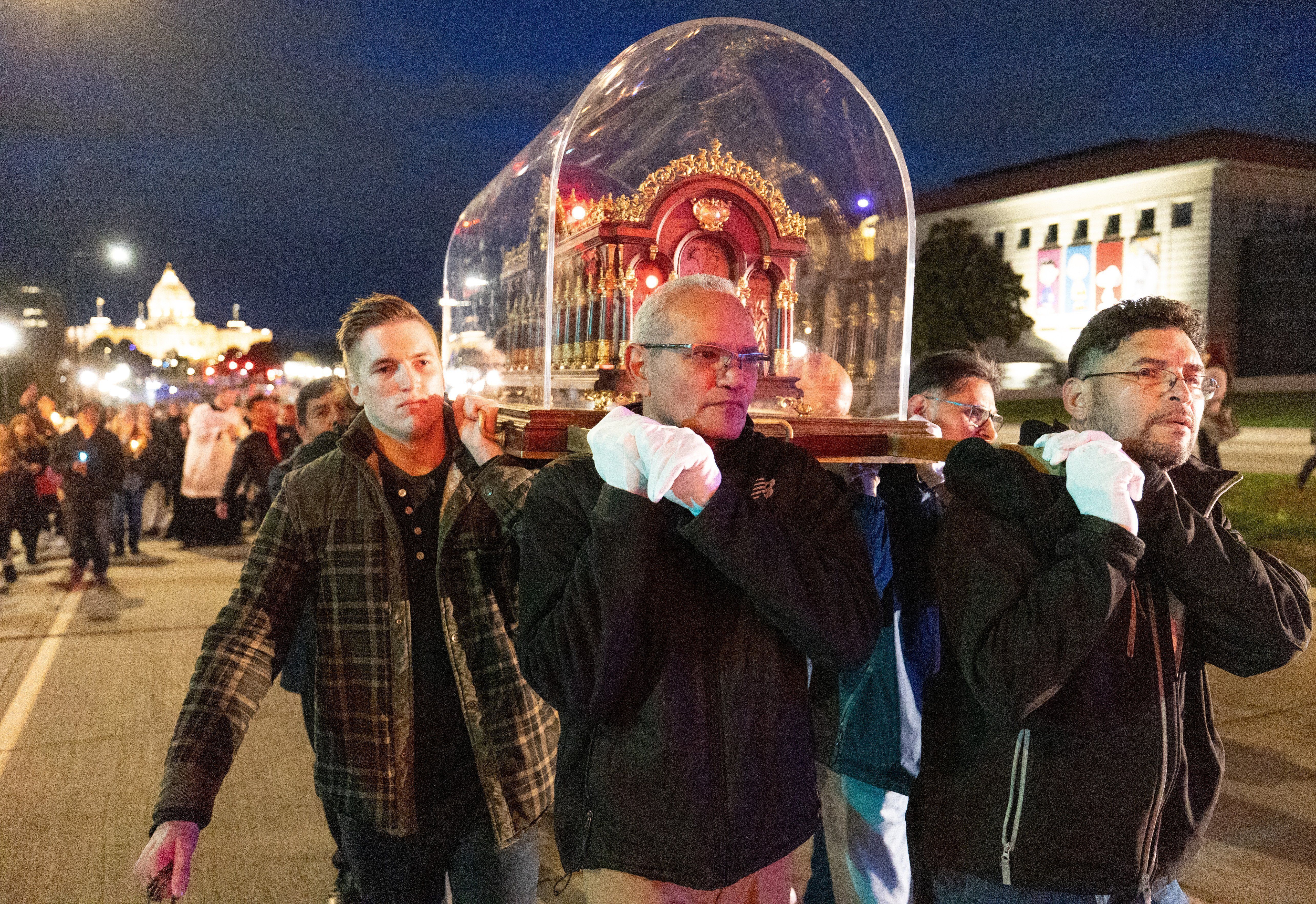
Posted on 05/2/2025 14:03 PM (Detroit Catholic)
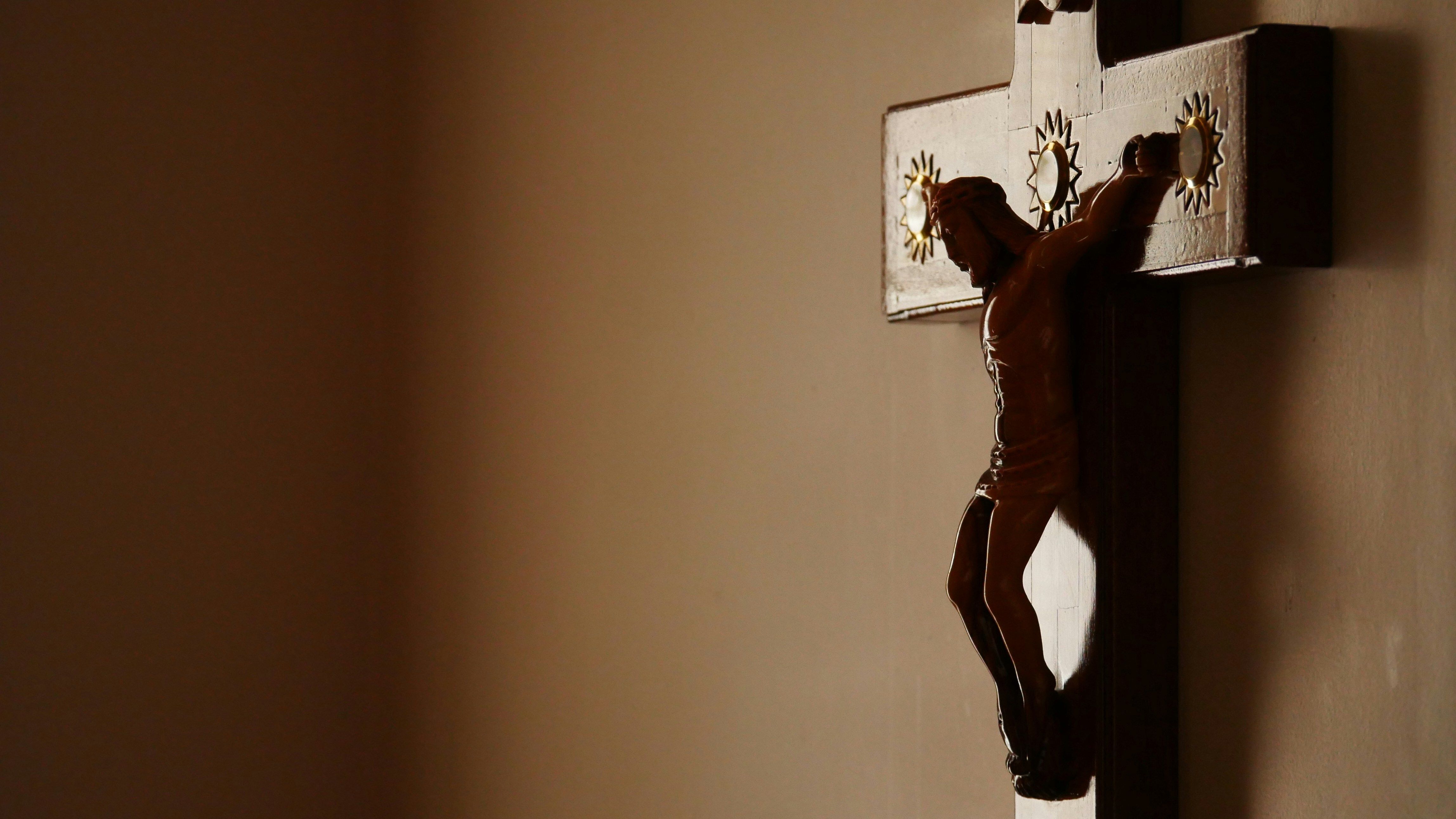
He who came 2,000 years ago to die and rise to save you is hidden but not absent and not unapproachable.
Posted on 05/2/2025 12:30 PM (Detroit Catholic)
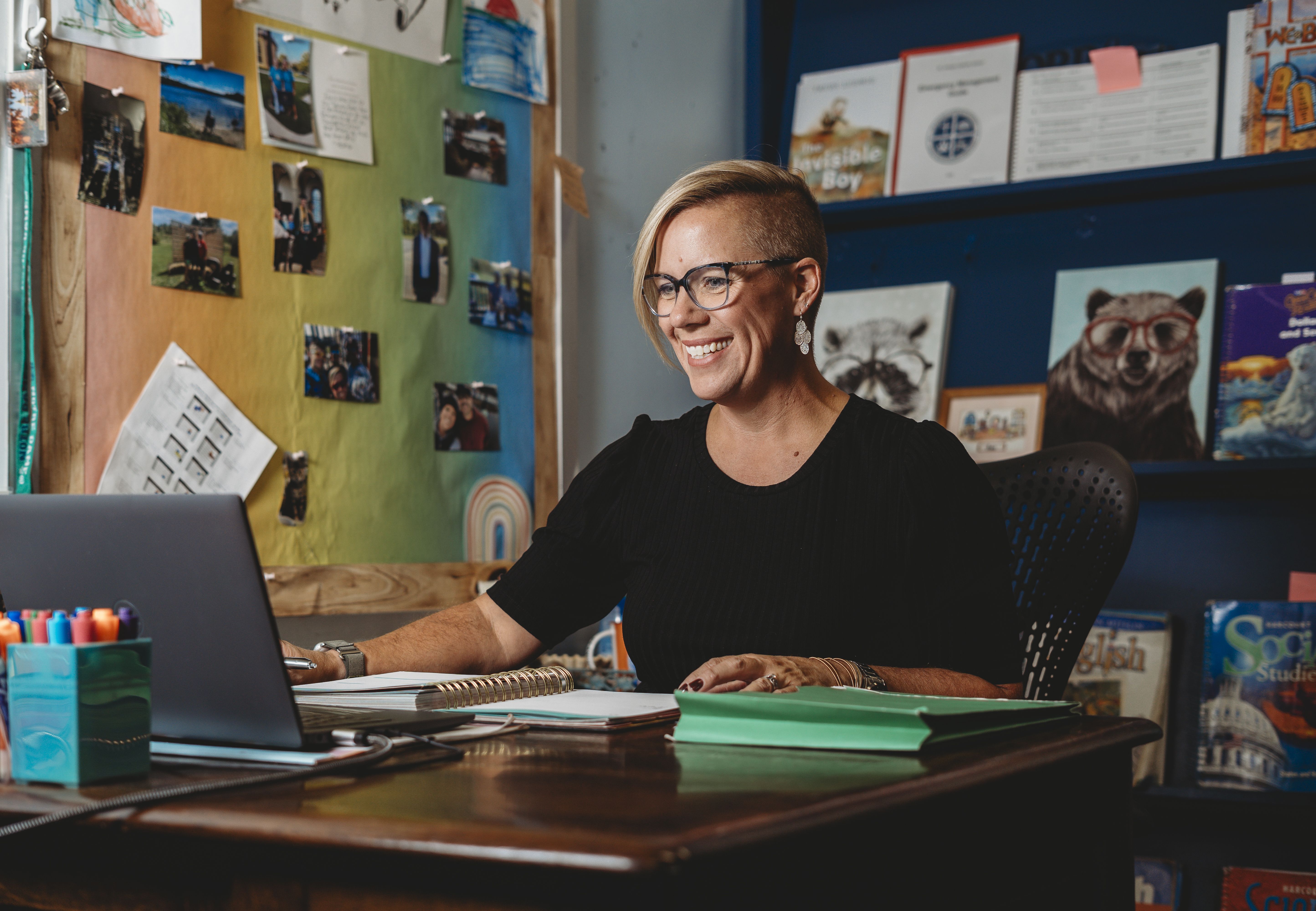
Archbishop Weisenburger thanks Detroit’s Catholics for their generosity in supporting the local Church's many vital ministries
Posted on 05/2/2025 12:30 PM (Detroit Catholic)
